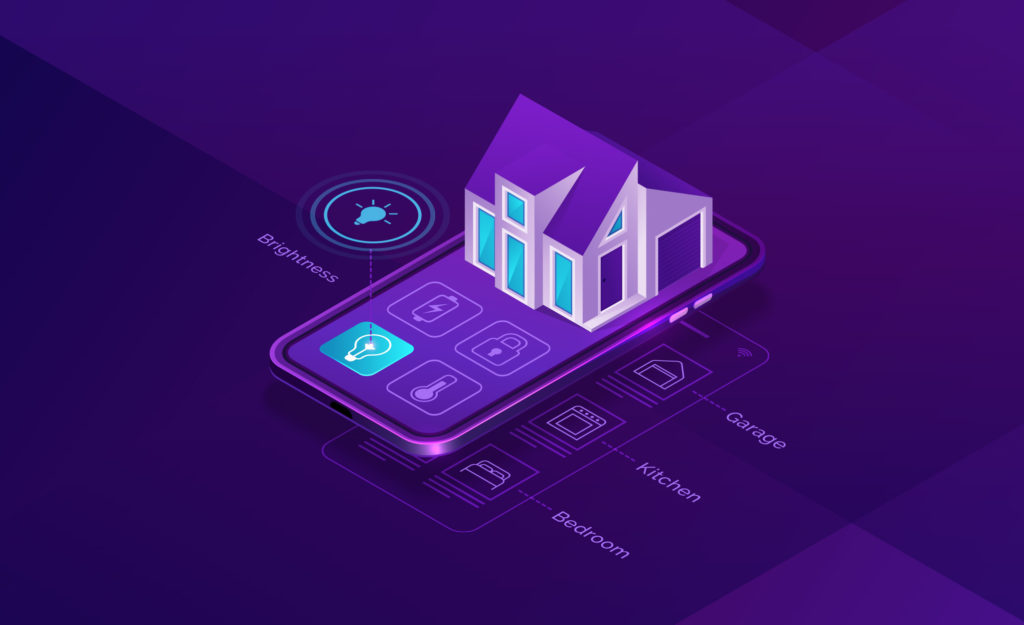Automating Regression Tests for an IoT Based Smart Home Mobile App

Our client is a prominent player in the smart home industry, specializing in cutting-edge IoT-based smart sensors. With a focus on harnessing the power of the Internet of Things (IoT), they develop world-class smart home products. As part of their commitment to quality assurance, we implemented an automated regression testing process for their IoT-based smart home mobile app.
The mobile app, available on both iOS and Android platforms, serves as a gateway to their range of IoT-based smart sensors. These sensors include smoke alarms, water leak detectors, and garage door sensors, all designed to enhance the safety and convenience of smart homes. The app seamlessly integrates with these sensors, allowing users to easily provision and customize their features according to individual preferences.Through the app, users receive real-time push notifications on their smartphones in case of a water leak or smoke alarm activation. This ensures timely alerts and swift response to potential hazards. The provisioning of the smart sensors to the user's Wi-Fi network is facilitated through either the SoftAp mechanism or the Sound-based mechanism, providing flexibility and ease of use.
At iLeaf Solutions, we have a long-standing partnership with the client, providing comprehensive mobile app and cloud development services. By implementing automated regression testing for the IoT-based smart home mobile app, we have successfully reduced the time required for each release cycle. To learn more about this project and explore our latest projects, please visit our portfolio.
















